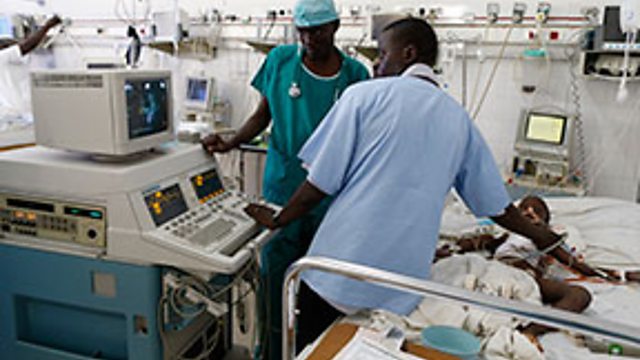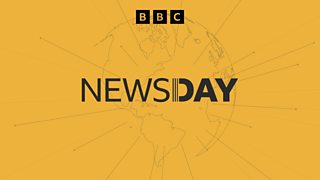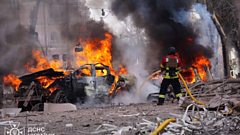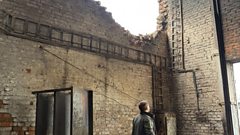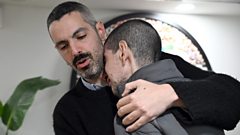Cancer in Africa is an 'emergency'
The commission aims to help improve cancer care, prevention, diagnostics and proposes national control plans for African countries.
Cancer experts are meeting in Sweden to look at the fight against the disease in Africa. They are attending the launch of the Lancet Oncology Commission on Cancer, and shall be meeting across sub-Saharan Africa.
Experts are warning that a million people could die of cancer annually in sub-Saharan Africa by 2030 if early detection measures are not put in place. The commission aims to help improve cancer care, prevention, diagnostics and proposes national control plans for African countries.
So what do these experts advise when it comes to fighting cancer across regions?
Newsday was joined by two guests:
Professor Wilfred Ngwa is the Chairperson of the Lancet Oncology Commission for sub-Saharan Africa, and is currently based at the Comprehensive Cancer Center, School of Medicine at Johns Hopkins University in the United States. He says, "Africa has a problem of cancer that we describe in this Lancet Commission as an emergency, something that needs to be addressed because if you look at the cancer deaths in Africa, this past year, that is almost 600,000 deaths."
Lacy Hubbard is the President of the Elekta Foundation, an organisation whose mission it is to improve cancer care access in low-income countries. She is currently running a cancer treatment programme for Rwandan women. She says, "Things have been progressing very well. We talked about having this pilot project Gicumbi
district, which is the Northern part of Rwanda, so the project has kicked off - 80,000 women have participated."
(Photo: Patient being accessed by doctors. Credit: Lancet Oncology Journal)
Duration:
This clip is from
More clips from Newsday
-
![]()
'I immediately called my mother, I told her that I was alive'
Duration: 02:21
-
![]()
'People on both sides have suffered enough'
Duration: 04:44
